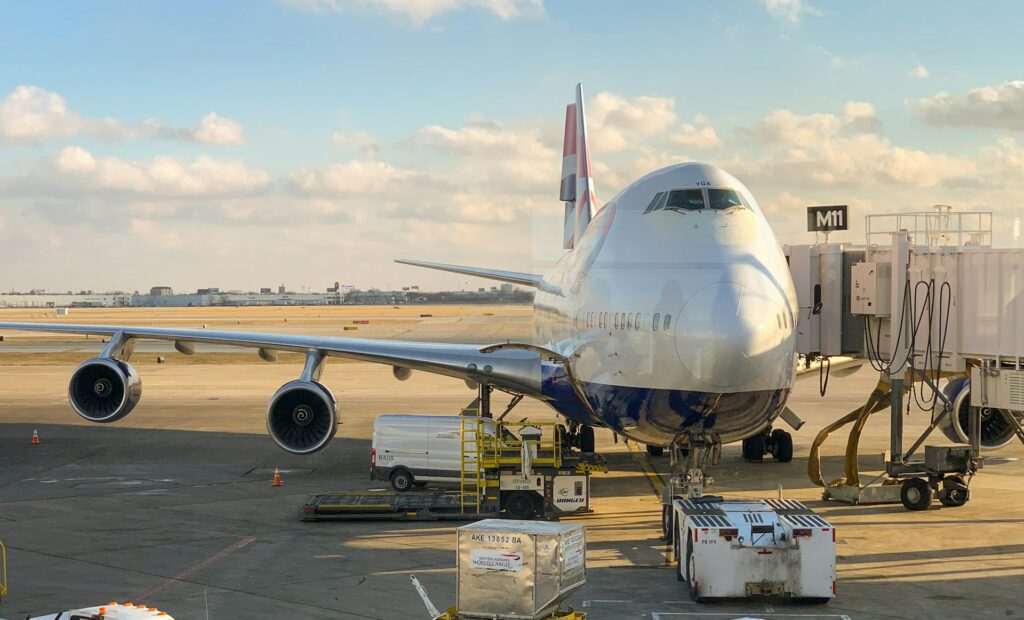Tax Equalisation for Employees on International Assignment

Tax equalisation is a key consideration when relocating employees for international assignments. Managing these assignments can be complex, and without a structured approach, employees may find themselves in a financially disadvantaged position due to differing tax systems. HR teams with little experience in international assignments may not yet be familiar with how tax equalisation works or why it matters.
However, having a clear tax equalisation policy in place can streamline processes, reduce administrative burdens, and prevent unexpected tax-related costs for both employees and the organisation. By ensuring employees are not worse off financially due to their relocation, companies can improve retention, maintain morale, and make international assignments more attractive.
Cost of Living Allowance: A Guide for HR Teams Managing Global Mobility

When relocating employees internationally as part of your global mobility programme, a Cost of Living Allowance (COLA) plays a key role in maintaining their financial well-being. But what exactly is it, and how should HR teams approach it?
A Cost of Living Allowance is designed to bridge the gap between an employee’s home country living costs and those in the host country. Without it, international assignments can become financially unviable for employees, leading to reluctance or dissatisfaction. But how do you calculate it fairly? What factors should you consider beyond the basic cost of goods and services?
International Assignment Planning for the First Time

Planning an international assignment for the first time can feel overwhelming. After all, it’s not just about sending an employee to a new country; it’s about creating a structured, supportive experience that benefits both the employee and the organisation. At Adleo, we believe that a thoughtful, proactive approach is the key to success when it comes to overseas relocation. With careful planning and attention to detail, an international assignment can be a transformative experience for all parties involved.
To ensure your international assignment goes smoothly, here’s our step-by-step guide that covers every essential element—from the initial planning phase to post-arrival support.
Stakeholder Analysis in Employee Relocation Strategies

Stakeholder analysis is essential for ensuring that employee relocation strategies align with broader organisational goals. Understanding the interests, influence, and expectations of key stakeholders helps businesses create effective workforce mobility plans that support both employees and the company’s long-term objectives. By conducting a structured stakeholder assessment, organisations can improve decision-making, enhance communication, and mitigate risks associated with corporate relocation policies.
Employee Relocation Policies: Adapting to Different Employee Levels and Move Types

Employee relocation policies shape how organisations support staff moving to new locations. A structured approach helps employees settle quickly while keeping business operations efficient. These policies should reflect both the employee’s role and the type of relocation, ensuring each transition is managed effectively.
A well-planned approach to workforce relocation strategies improves employee experience, reduces stress, and supports long-term retention. Whether an organisation is relocating entry-level staff, mid-level employees, or senior executives, policies must align with the complexity of the move and the needs of the business.
Relocation Strategies and Business Goals

Relocation strategies play a central role in workforce planning and business expansion. When aligned with business goals, they support talent retention, market entry, and cost efficiency. However, without a structured approach, employee mobility can become disjointed, leading to unnecessary expenses and operational inefficiencies.
To maximise the benefits of employee relocation, organisations must integrate mobility plans with their wider business objectives. This ensures that each move contributes to strategic growth, workforce development, and long-term success.
Four-day Working Week: A Worry or Wonderful News?

The concept of a four-day working week has evolved from a fringe idea to a mainstream discussion, gaining traction across businesses, policymakers, and employees. Once a novel concept, the four-day working week is now viewed by many as a potential solution for improving employee wellbeing, enhancing productivity, and addressing work-life balance challenges.
Since 2022, a number of trials and studies have provided compelling evidence that a shorter working week could transform workplace dynamics. With the UK and other countries leading the charge, this model has sparked intense debate about its feasibility, particularly across various industries and economic contexts. While the benefits are clear, the implementation challenges and industry-specific barriers remain significant obstacles to its widespread adoption.
This article explores the latest findings, ongoing trials, and broader implications of the four-day working week, providing insights into its potential as a new standard for work in the UK and beyond.
Virtual Assignments: Benefits, Challenges, and Best Practices

Virtual assignments have emerged as a flexible solution for organisations looking to utilise global talent without the complexities of physical relocation. As global mobility evolves and remote work becomes increasingly prevalent, this approach allows companies to assign employees to international roles without requiring them to move. In an era where technology enables seamless communication across borders, organisations can enhance operational efficiency while tapping into diverse skill sets and perspectives from around the world.
Global Mindset: Preparing Employees for International Roles

A global mindset, in today’s interconnected and rapidly evolving business landscape, is no longer a luxury but a necessity for sustained success. As companies expand their operations across borders and enter new markets, the ability to navigate complex cultural and operational environments is make-or-break. This includes not only understanding diverse cultural norms but also adapting to different legal frameworks, business practices, and consumer behaviours. The challenges of globalisation demand that employees possess a nuanced understanding of these dynamics to effectively contribute to their organisations’ international growth. This blog post explores the importance of developing a global mindset, delves into its key components, and outlines strategies to prepare employees for the multifaceted demands of international roles.
DIY Relocation: The Hidden Costs of Managing Your Own Move

A DIY relocation might sound like a savvy, cost-cutting approach at first. After all, how hard can it be to book a flight, find a flat online, and muddle through the logistics? But here’s the twist: while DIY relocation gives the illusion of control and savings, it often leads to higher costs, unexpected delays, and an emotional rollercoaster you didn’t sign up for. When you’re relocating to the UK, the stakes are even higher, especially if you’re doing it for work.
Outsourced Relocation vs. In-House Global Mobility

Relocating employees is a significant undertaking for any organisation, and deciding how to manage the process is just as important as the move itself. Businesses typically choose between outsourced relocation – partnering with an external provider – or relying on in-house global mobility teams to handle everything internally.
Each approach brings distinct advantages and challenges, depending on your company’s size, structure, and international footprint. In this article, we weigh up the pros and cons of both approaches to help you choose the model that best supports your people and priorities.
Remote Work and the Impact on Employee Relocation and Corporate Strategies

The rise of remote work has significantly altered the landscape of employee relocation, corporate strategies, and talent management processes. As businesses navigate this new terrain, understanding the broad impact of remote work on these areas becomes crucial. This article delves into how remote work influences employee relocation decisions, reshapes corporate strategies, and underscores the importance of employee relocation in the talent management process.
